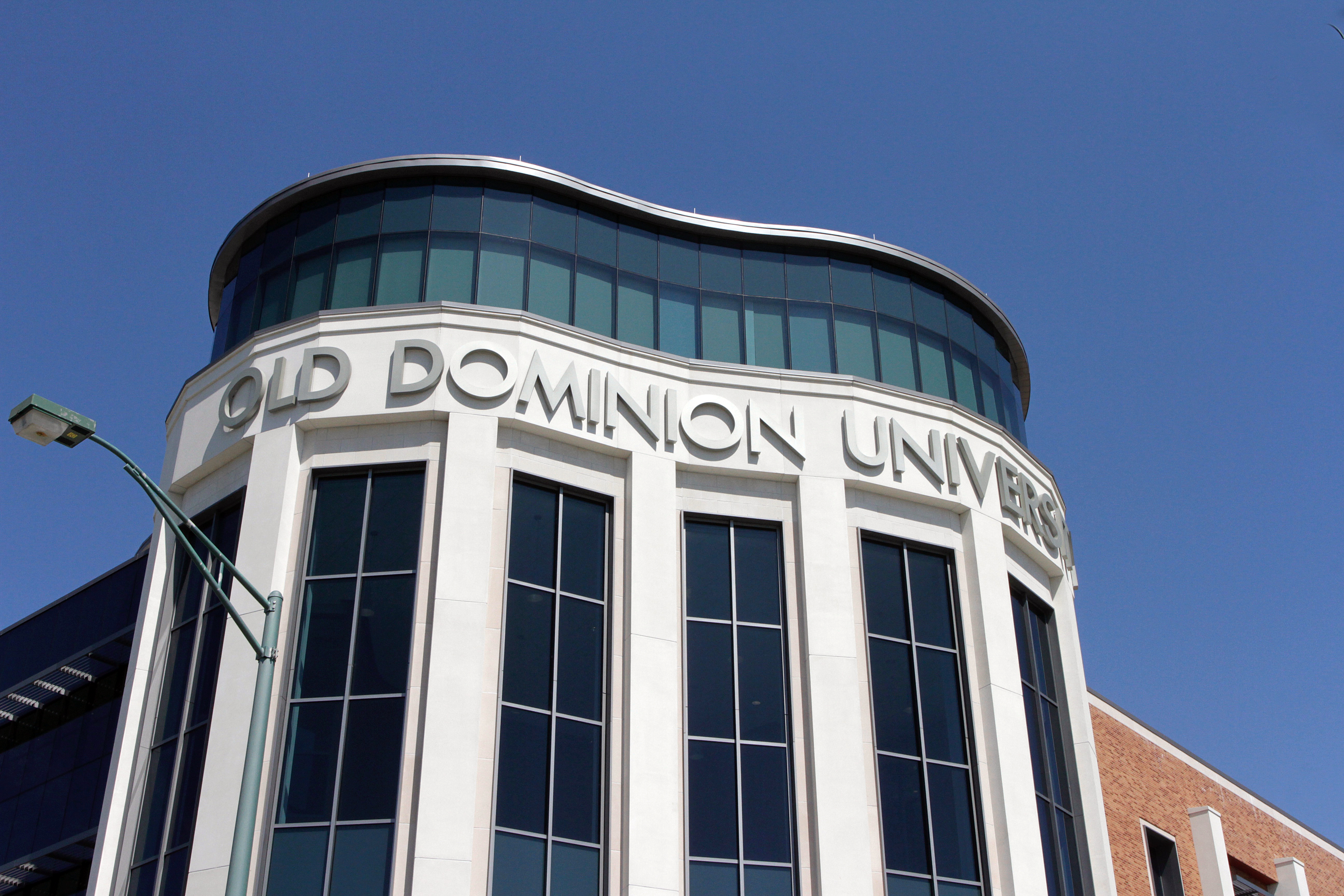The Master of Science of Athletic Training (MSAT) program at Old Dominion University is a full-time two-year (24 continuous months) course of study that prepares students in the domains of athletic training practice. The program is a combination of hybrid and in-person coursework that includes classroom and laboratory instruction, seminars, and clinical experiences. Our faculty is dedicated to excellence in professional teaching, research, and service to the profession, to the university, and to the community.
Mission Statement:
The mission of the Master of Science of Athletic Training program is to develop exceptional clinicians accomplished in the delivery of evidence-informed care, in collaboration with other healthcare providers, for diverse client/patient populations with a variety of health conditions.
Our vision is to:
- Create clinicians who prioritize the needs of the patient within policy development and clinical decision-making to address the quality of health and well-being across the lifespan.
- Develop scholarly clinicians who are dedicated to the creation, dissemination, and appraisal of new knowledge within the field.
- Prepare healthcare providers that are capable advocates for themselves, their patients, and the profession.
- Promote the core competencies in the delivery of care in pursuit of the IHI Triple Aim of healthcare.
Program Information
Students are admitted to the program after completion of a bachelor's degree and prerequisite coursework. Application review begins as they are received and will continue on a rolling basis until all positions have been filled. Admission into the program is competitive.
Application to the program occurs via the Athletic Training Centralized Application Service (ATCAS). The ATCAS website will be open to applicants on July 1 each year. Please note, that graduate record examination (GRE) scores are NOT required for admission to the program. Please follow the directions for the application found at the ATCAS site.
Admission Requirements
Students must have:
-
A completed application through the Athletic Training Centralized Application Service (ATCAS) that includes transcripts, resume & cover letter, statement of interest in the ODU MSAT program, verification of 15 clock hours of observation with an athletic trainer, and two recommendations from professional or academic references.
-
A bachelor's degree and official transcripts from each undergraduate and graduate program attended at a regionally accredited institution or an equivalent foreign institution.
-
A minimum overall grade point average of 3.0 in undergraduate coursework.
-
Completion of the following pre-requisites at Old Dominion University or another regionally accredited institution, with a minimum grade of C in each course, and a minimum pre-requisite grade point average of 3.0 (the first five are laboratory sciences courses):
- Biology (with lab)
- Chemistry (with lab)
- Physics (with lab)
- Anatomy OR Anatomy & Physiology I (with lab)
- Physiology OR Anatomy & Physiology II (with lab)
- Biomechanics OR Kinesiology
- Psychology
- Nutrition
- Statistics
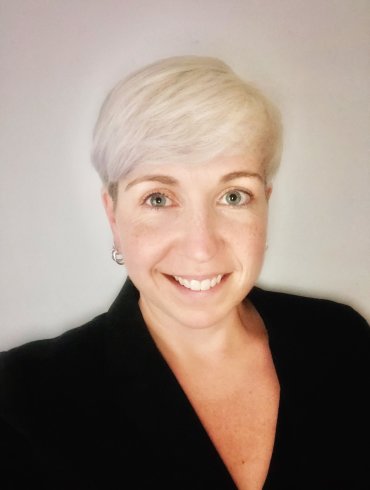
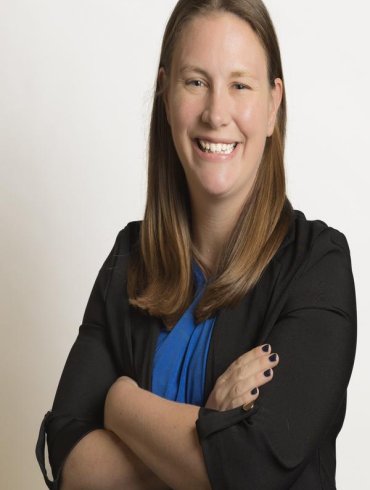
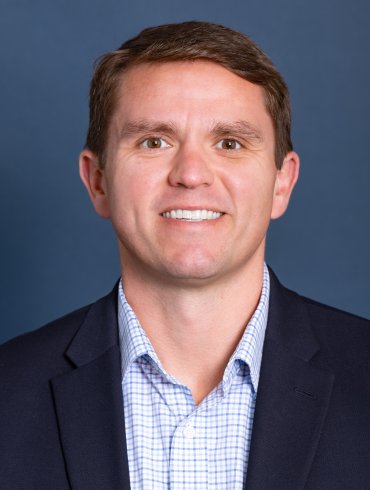
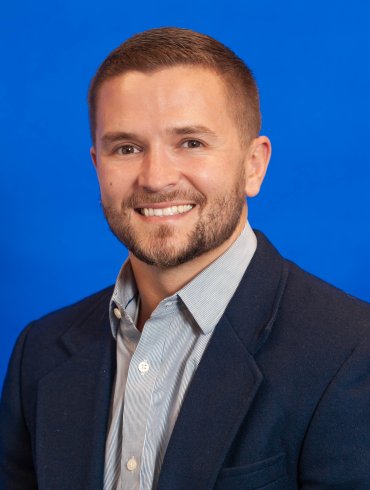
The professional MSAT program at Old Dominion University admitted its first cohort of students during the 2019-2020 academic year. All of our programmatic outcomes can also be viewed on the Commission on Accreditation of Athletic Training Education's webpage via this link: https://caate.net/program-info/602/ This page is updated annually each summer once outcomes data becomes available.
Student BOC Pass Rate
| 2022-2023 | 2023-2024 | 2024-2025 | 3 Year Aggregate | |
|---|---|---|---|---|
| Number of students graduating from program. | 8 | 12 | 7 | 27 |
| Number of students graduating from program who took examination. | 8 | 11 | 7 | 26 |
| Number of students who passed the examination on first attempt. | 4 | 5 | 5 | 14 |
| Percentage of students who passed the examination on the first attempt. | 50 | 45 | 71 | 54 |
| Number of students who passed the examination regardless of the number of attempts. | 6 | 8 | 6 | 21 |
| Percentage of students who passed the examination regardless of number of attempts. | 75 | 73 | 86 | 81 |
Student Retention Rate
| 2022-2023 | 2023-2024 | 2024-2025 | 3 Year Aggregate | |
|---|---|---|---|---|
| Number of students beginning program (cohort number) | 8 | 14 | 10 | 32 |
| Number of students returning for subsequent year 2 | 8 | 13 | 7 | 28 |
| Program retention rate (%) | 100 | 93 | 70 | 88 |
| Number of students returning for subsequent year 3 (if applicable) | 0 | 1 | 0 | 3 |
| Program retention rate (%) | 100 | 93 | 70 | 88 |
Student Graduation Rate
| 2022-2023 | 2023-2024 | 2024-2025 | 3 Year Aggregate | |
|---|---|---|---|---|
| Number of students beginning program (cohort number) | 8 | 14 | 10 | 32 |
| Number of students graduating within 2 years | 8 | 12 | 7 | 27 |
| 2 Year graduation rate (%) | 100 | 86 | 70 | 84 |
| Number of students graduating within 3 years (if applicable) | N/A | N/A | N/A | N/A |
| 3 Year graduation rate (%) | 100 | 86 | 70 | 84 |
Graduate Employment Rate
| 2022-2023 | 2023-2024 | 2024-2025 | 3 Year Aggregate | |
|---|---|---|---|---|
| Number of students Employed as AT | 7 | 8 | 5 | 20 |
| Student Employment/Placement rate as AT (%) | 88 | 67 | 71 | 74 |
| Number of students employed as other | 0 | 2 | 1 | 3 |
| Student Employment/Placement rate as other (%) | 0 | 17 | 14 | 11 |
| Student Employed Rate Regardless of Position Type (%) | 100 | 92 | 100 | 96 |
| Number of students not employed | 0 | 1 | 0 | 1 |
| Student Not Employed Rate (%) | 0 | 8 | 0 | 4 |
Applicants/Students admitted to the MSAT program must possess aptitudes, abilities, and skills in the following five areas:
1. Observation
- Students must be able to use vision, hearing, and somatic sensations in both the classroom and in patient care. A student must be able to observe a patient accurately at a distance and close at hand, noting nonverbal as well as verbal signals.
- Specific vision-related requirements include, but are not limited to the following abilities: skin integrity; discriminating findings on radiographs and other imaging tools; reading written and illustrated material; observing demonstrations in the classroom, including multimedia presentations; observing and differentiating changes in body movement; observing anatomic structures; discriminating numbers and patterns associated with diagnostic instruments and tests, such as sphygmomanometers and electrocardiograms.
2. Communication
- Students must be able to communicate effectively and sensitively with peers, patients/clients and faculty/staff. A student must be able to communicate clearly patients in order to elicit information, describe accurate changes in mood, activity and posture, and perceive verbal as well as nonverbal communications.
- Communication includes not only speech, but also reading and writing. Athletic Training education presents challenges in the volume and breadth of required reading and the necessity to impart information to others.
- Students must be able to communicate quickly, effectively and efficiently in oral and written English with all members of the health care team. Specific requirements include but are not limited to the following abilities: communicating rapidly and clearly with the medical team on rounds; eliciting a thorough history from patients; and communicating complex findings in appropriate terms to patients and to various members of the health care team.
- Each student must be able to read and to record observations and plans efficiently and accurately in documents such as the patient record. Students must be able to complete forms according to directions in a complete and timely fashion.
3. Sensory & Motor Function
- Students must elicit information from a patient examination including but not limited to: palpate pulses and body tissues, feel resistance to movement, discern hot and cold, and auscultate (listen) lungs and heart.
- A student must have adequate gross motor function (movement, strength, balance and coordination) to perform such tasks as assistance with gait, moving and positioning patients.
- A student must have adequate fine motor function to manipulate instruments such as a sphygmomanometer, goniometer, and therapeutic equipment.
- Students must have sufficient motor function to serve as a first responder, including maintaining in-line stabilization of the cervical spine, rescue breathing, airway management and cardiopulmonary resuscitation.
4. Intellectual Abilities & Critical Reasoning Skills
- Abilities include measurement, calculation, reasoning, analysis, judgment, numerical recognition and synthesis. Problem solving, a critical skill demanded of athletic trainers, requires all of these intellectual abilities, and must be performed quickly, especially in emergency situations.
- Students must be able to identify significant findings from history, physical examination, and laboratory data, provide a reasoned explanation for plan of care while recalling and retaining information.
- The ability to incorporate new information from peers, teachers, and the medical literature in formulating treatment and plans is essential.
5. Behavioral Attributes
- Empathy, integrity, honesty, concern for others, good interpersonal skills, interest and motivation are all personal qualities that are required.
- Students must possess the emotional health required for full use of their intellectual abilities, the exercise of good judgment, the prompt completion of all responsibilities, and the development of mature, sensitive and effective relationships with peers, patients/clients and faculty/staff. At times, this requires the ability to be aware of and appropriately react to one's own immediate emotional responses. For example, students must maintain a professional demeanor and organization during physically and mentally taxing workloads.
- Students must be able to develop professional relationships with patients and the healthcare team. Students are expected to accept appropriate suggestions and criticism in a respectful manner and if necessary, respond by modification of behavior.
- Students must demonstrate ethical behavior, both in the classroom and during their clinical experience. (National Athletic Trainers' Association Code of Ethics)
Accommodations
It is the policy of Old Dominion University to provide reasonable accommodation to qualified students with a disability who can perform the essential functions as outlined in the above technical standards. Reasonable accommodation may be made in the form of administration of the evaluation where necessary; documented and requested in advance in accordance with standards and requirements of the Americans with Disabilities Act Amendments (ADAAA). Whether or not a request for accommodation is reasonable will be determined on an individual basis. Determining what is a reasonable accommodation is an interactive process that the student/applicant should initiate with the Office of Educational Accessibility, in collaboration with the Office of Institutional Equity and Diversity and the college or Department of the Athletic Training Program.
Colleges/Universities
- Army West Point
- Christopher Newport University
- College of William & Mary
- Old Dominion University
- University of Florida
- University of Missouri
- Virginia Wesleyan University
- Virginia Commonwealth University
Professional Athletics
- Connecticut Sun
- Dallas Wings
- Norfolk Admirals
- Wilkes-Barre/Scranton Penguins
Secondary Schools
- Chesapeake Public Schools
- Hampton Roads Academy
- Norfolk Christian School
- Norfolk Collegiate School
- Norfolk Public Schools
- Suffolk Public Schools
- Virginia Beach Public Schools
Non-Traditional Workplace Settings
- Alliance Physical Therapy (multi-site)
- The Apprentice School
- Atlantic Orthopedic Specialists
- Bon Secours
- Children’s Hospital of the King’s Daughters (multi-site)
- Ivy Rehabilitation
- Korrin Vanderhoof - Private Practice (Behavioral Health)
- Monarch Physical Therapy
- Moore Wellness (multi-site- industrial setting)
- Movement Sports Performance
- ODU Counseling Services
- Phoenix Physical Therapy
- Riverside Regional Medical
- Sentara
- Sunrise Therapy & Psychological Services
- Texas Orthopaedic Associates
- Thrive Proactive Health
A total of 69 credit hours across 24 months (Summer*, Fall, Spring, Summer*, Fall, Spring). Please see the breakdown below. Please note summer session calendar dates (also provided below) differ from the standard university calendar.
| SUMMER 1, Session 1 | SUMMER 1, Session 2 |
|---|---|
| AT 602: Foundations of Sports Medicine for Healthcare Providers (Online - 3 credits) | AT 607: Management of Medical Conditions for Healthcare Providers I (3 credits) |
| AT 691: Gross Human Anatomy for Rehabilitation Sciences (Interprofessional - 4 credits) | AT 603: Clinical Examination and Patient Care – Spine and Head (4 credits) |
| 7 credits | 7 credits |
| FALL 1 | SPRING 1 | ||
|---|---|---|---|
| Block 1 (7 ½ Weeks) | Block 2 (7 ½ weeks) | Block 1 (7 ½ Weeks) | Block 2 (7 ½ Weeks) |
| AT 666: Athletic Training Practicum I (Online - 1 credit) | AT 604: Clinical Examination and Patient Care – Lower Extremity (4 credits) | AT 667: Athletic Training Practicum II (Online - 1 credit) | AT 605: Clinical Examination and Patient Care – Upper Extremity (4 credits) |
| AT 615: Research I (Online - 2 credits) | AT 617: Management of Medical Conditions for Healthcare Providers II (3 credits) | AT 625: Research II (Online - 1 credit) | AT 640: Clinical Medicine for Healthcare Providers I (3 credits) |
| AT 612: Functional Movement for Healthcare Providers (3 credits) | AT 638: Documentation & Quality Improvement for Healthcare Providers (Online - 3 credits) | AT 652: Pharmacology (3 credits) | |
| 13 credits | 15 credits | ||
| SUMMER 2, Session 1 | SUMMER 2, Session 2 |
|---|---|
| AT 641: Clinical Medicine for Healthcare Providers II (3 credits) | AT 661: Behavioral Health in Sports Medicine (3 credits) |
| AT 647: Interprofessional Clinical I (Online - 1 credit) | AT 648: Interprofessional Clinical II (Online - 1 credit) |
| 4 credits | 4 credits |
| FALL 2 | SPRING 2 | |
|---|---|---|
| Block 1 (7 ½ Weeks) | Block 2 (7 ½ Weeks) | |
| AT 668: Athletic Training Practicum III (Online - 2 credits) | AT 686: Performance Enhancement in Sports Medicine (3 credits) | AT 669: Athletic Training Practicum IV (Online - 1 credit) |
| AT 664: Ethics in Health Care (Online - 3 credits) | AT 689: Professional Competence Assessment in Athletic Training (3 credits) | AT 687: Contemporary Issues in Athletic Training (2 credits) |
| AT 673: Healthcare Administration & Policy (Online - 3 credits) | AT 645: Research IV (1 credit) | |
| AT 635: Research III (1 credit - online) | ||
| 9 credits | 10 credits | |
-
Criminal Background Check - $ 57.00
- Some clinical sites require a drug screening panel which is an additional cost to the student.
-
Vaccinations - $14.00
-
Clothing - $40 One ODU AT Polo
-
Course fee - $800 ($200/semester, fall/spring semesters)
-
Travel to clinical sites - Cost varies per site
- For example, gas, tolls and parking could cost up to ~$150 per local clinical experience depending on where the student chooses to live.
- All costs incurred during clinical experiences (e.g. housing, travel) are at the cost of the student.
- In the fall of the second year of the program, students have the option to participate in clinical experiences across the country. While not required, students who choose not to stay local assume all costs associated with a semester at a distance location. These opportunities can be discussed with the coordinator of clinical education.
-
Textbooks and Course Materials as assigned by the instructor - Cost will vary
- Textbooks may be rented or purchased (new or used)
- Gloves, scalpels, and scrubs for Anatomy $30
Old Dominion University requires full-time students entering the university to submit a completed Health History Form and evidence of having received:
- 2 doses of the Measles/Mumps/Rubella (MMR)
- 1 dose of Meningitis vaccine after age 16 (or the signed wavier form)
- 3 doses of Hepatitis B vaccine (or signed waiver form), and
- a Tetanus/Diphtheria (Td) or Tetanus/Diphtheria/Pertussis (Tdap) vaccine booster within the last 10 years
- Proof of a recent (within last calendar year) 2-step PPD Tuberculosis Test or IGRA blood test based on risk factor for TB
- The two-step TB test can be administered at Student Health Services for $7.00 per an injection.
First, access the Monarch Wellness Portal. Records must be submitted by August 1 and approved by Student Health Services prior to beginning a clinical experience. Immunization must also be uploaded to eValue upon enrollment in the program (eValue instructions to be provided to students during their first semester of enrollment in the program).
A student's clinical site may require additional vaccinations such as the flu vaccine, this should be discussed with the assigned Preceptor and the Director of Clinical Education.
Accreditation
Old Dominion University's athletic training program is accredited by the Commission on Accreditation of Athletic Training Education (CAATE) located at 2001 K Street NW, 3rd Floor North, Washington, DC 20006. The program will have its next comprehensive review during the 2025-2026 academic year.
Program Director Contact



